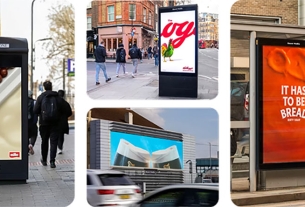If AI voices ruin audio ads, it won’t be because of the tech. It will be because of us.
AI voice replicas are not inherently unethical, deceptive, or creatively bereft. They’re just tools to get a job done. Like microphones, digital audio workstations, or creative briefs.
What matters is how they’re used and why. Are they solving creative problems or just cutting costs? Are they extending emotional impact or flattening it?
The biggest threat to creative quality isn’t artificial intelligence. It’s creative complacency.
Putting AI voices to the test
Studio Resonate, SiriusXM Media’s in-house audio creative agency, has spent the last two years researching how audiences perceive AI-generated voices. Testing from Veritonic and CloudArmy across streaming and podcast ads shows human voices outperform synthetic ones on trust and positivity.
When listeners were told they were hearing an AI-generated voice (whether that was true or not), the trust gap widened. Awareness of AI actually increased initial engagement, and people were curious, but that increase in engagement came at the cost of brand comfort. Classic bias at work.
However, when a high-fidelity replica (a thoroughly trained AI-generated voice based on one real talent) is used in a fitting scenario, that trust gap narrows. Sometimes it disappears entirely. In podcast environments, where audiences already have a relationship with the host, a well-trained AI replica of that host’s voice actually outperformed the human read in some cases.
So, what’s the point?
This isn’t about human vs. machine.
It’s about intention and design.



